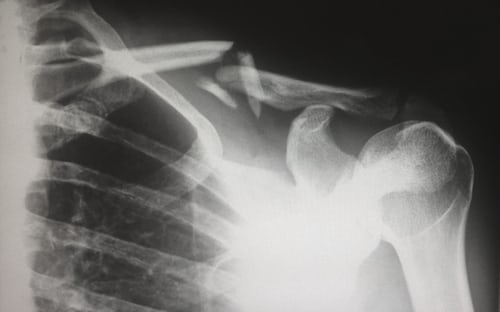When you’ve been injured in an accident and consider suing for personal injury, you have to take a couple of things into account. First of all, not all injuries are the same. Minor slip-and-falls, for instance, are dealt with differently from, let’s say, car accidents or circumstances of wrongful death.
Then, one of the most important things is the way you record all the information related to your injuries. In short, a single piece of paper stating a particular thing about your injuries can make the difference between a $50k settlement and a $100k settlement.
Let’s take a closer look at how to ensure that you get the proper settlement amount!
The Different Types of Personal Injury
There are quite a lot of different types of personal injury. Because of this, you also have to work harder to find the right lawyer for your case. For example, with roughly 12,000 car accidents every year, it may be right to assume that the Portland Oregon catastrophic personal injury lawyers are busy enough. But there’s much more than that to injury claims.
As such, personal injury also comes in the form of medical malpractice, wrongful death, workplace accidents, premises liability, products liability, and certain other examples (neglect, abuse, accidents, poisoning, exposure to substances, etc.).
It’s important to determine your specific type of injury early on to not waste time searching for and talking to the wrong lawyer.
Hold on to Properly Record Injuries
Having both personal and professional records of your injuries is essential in a personal injury case. For starters, you’ll want to note in writing any form of pain or discomfort that you might feel after the accident.
Then, you should also:
- Try to get a hold of the first responders’ official/police report that will state precisely the condition you were in (or your vehicle was in, in the case of a car accident).
- Keep all receipts of the expenses that you incurred as a result of your injuries. As mentioned, one missing receipt can drastically decrease the settlement amount.
- Inform your medic of any unusual developments, even if the pain/issue is minor. If you want your future medical bills to be paid in full, nothing must escape your notice and record.
- Just as with receipts, you should keep all the diagnostic papers as well.
- Stay true to your treatment and don’t treat any injury or pain as a joke. If you’re found walking or driving when your doctor has forbidden you from doing so, your personal injury case might be in danger.
The Bottom Line
Always remember that you are dealing with a case that might go into the court of law. This means that you must have a record of everything that you’ve done after the accident. Obviously, this type of claim requires proof of your injuries, recovery, and hardships.
Moreover, keep in mind that emotional distress is also seen as personal injury. If pain and discomfort affect your mood, you should write that down and maybe even get a psychologist to vouch for it. The result will be a sound personal injury case!

